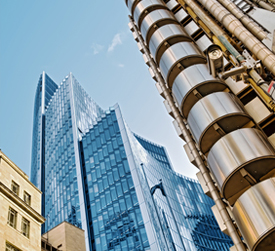
WHAT'S NEXT?: Smart cities are the talk of the town right now and so they should be to cope when over 60% of us will live in cities by 2030. E-bikes, Driverless- connected vehicles, buildings that talk to each other will help but many cities are susceptible to climate change and pandemics. Explore the issues faced by cities and the new ideas that will change the way urban dwellers live in the 21st century.
Last updated: 21 February 2026